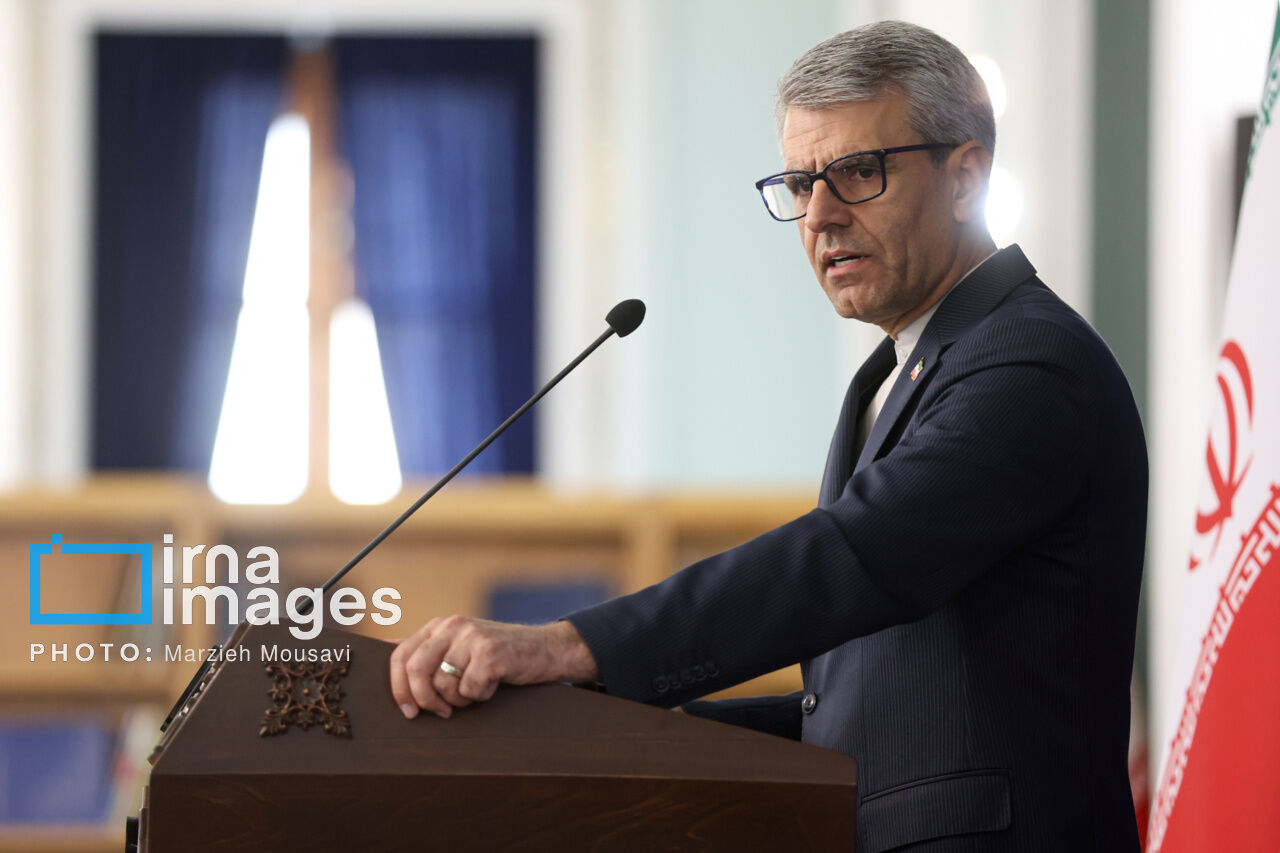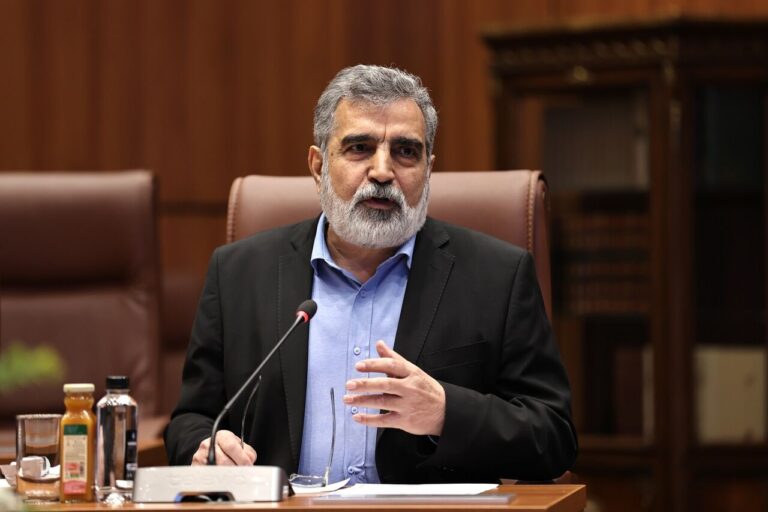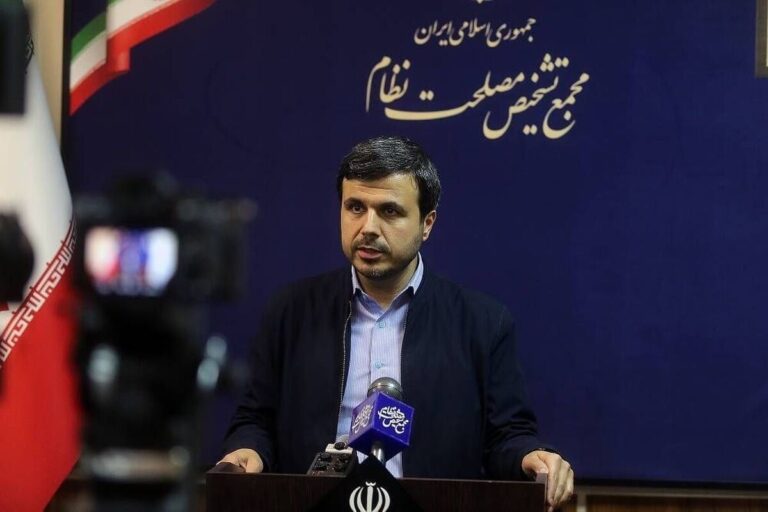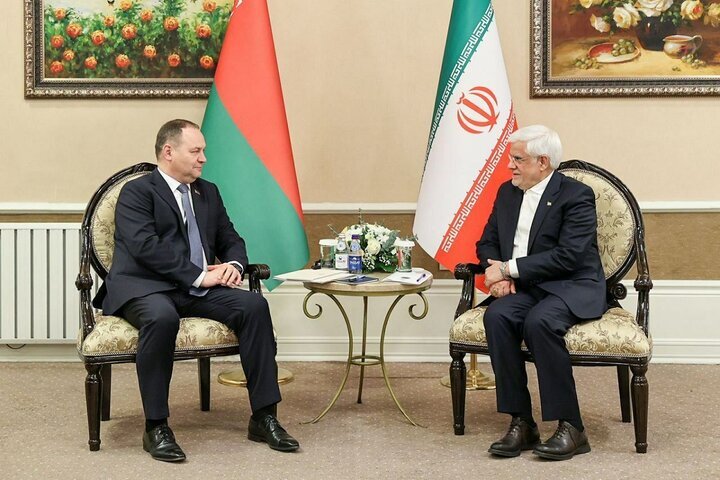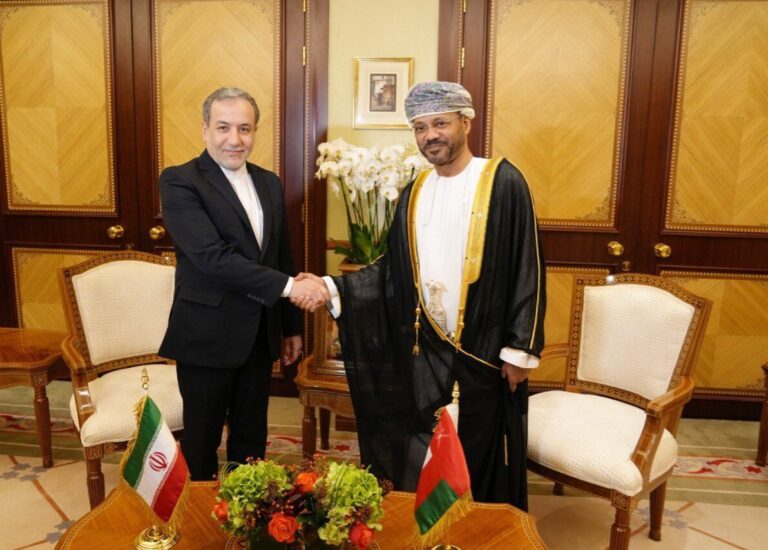Iran’s Foreign Ministry: We Prioritize Efficiency in Negotiations
In recent statements, Iran’s Foreign Ministry spokesperson, Esmaeil Baqaei, emphasized the country’s commitment to meaningful negotiations with the United States and the ongoing discussions mediated by Oman. He articulated that Iran is focused on achieving a fair and fact-based understanding in these talks.
Baqaei advised caution when interpreting media reports concerning the Iran-U.S. negotiations, particularly due to the influence of certain Israeli-affiliated media aiming to distort the dialogue process. Here are some key points from his remarks:
- Readiness for Iran-Europe Talks: Baqaei confirmed that Iran is prepared to resume talks with European nations, while stressing the importance of determining the time and location for such meetings.
- Cooperation with I.A.E.A: He highlighted Iran’s constructive relationship with the International Atomic Energy Agency (I.A.E.A.), reaffirming Tehran’s commitment to its obligations as a member state. A visit from the I.A.E.A. deputy director general is anticipated this week.
- Nuclear Program Discussions: Baqaei mentioned that Oman is facilitating the next round of discussions regarding Iran’s nuclear program, asserting that uranium enrichment is a vital component of Iran’s peaceful nuclear ambitions.
- Rights to Nuclear Energy: He emphasized that if the U.S. wishes to prevent Iran’s nuclear program from developing military capabilities, this can be easily achieved, as Iran has no intention of pursuing military nuclear energy.
Baqaei also condemned the Israeli regime for its actions against Palestinian civilians, calling for international organizations to document these violations and seek justice. He characterized the ongoing situation in occupied Palestine as a significant concern for the West Asia region.
Regarding the prospect of an interim agreement with the U.S., Baqaei refuted rumors, stating that such an accord has never been part of Iran’s agenda. He reassured that negotiations would continue as long as they serve Iran’s national interests, although he noted that the U.S. sanctions create distrust and hinder progress.
When addressing claims about Iran’s uranium enrichment activities, Baqaei questioned reports suggesting a halt in these activities. He expressed Iran’s openness to regional collaboration in the nuclear sector while insisting that the country’s enrichment program must be maintained on its own territory.
On the topic of Iran’s diplomatic relations with Afghanistan’s Taliban government, he confirmed ongoing consultations, including a recent visit from the Taliban’s foreign minister to Iran. Additionally, Baqaei addressed concerns regarding Iranian nationals arrested abroad, asserting that the Iranian government is actively pursuing these cases and advocating for their rights.
In conclusion, Baqaei’s remarks reflect Iran’s strategic approach to international negotiations, emphasizing a commitment to peaceful nuclear development and regional cooperation while addressing humanitarian issues in the region.
